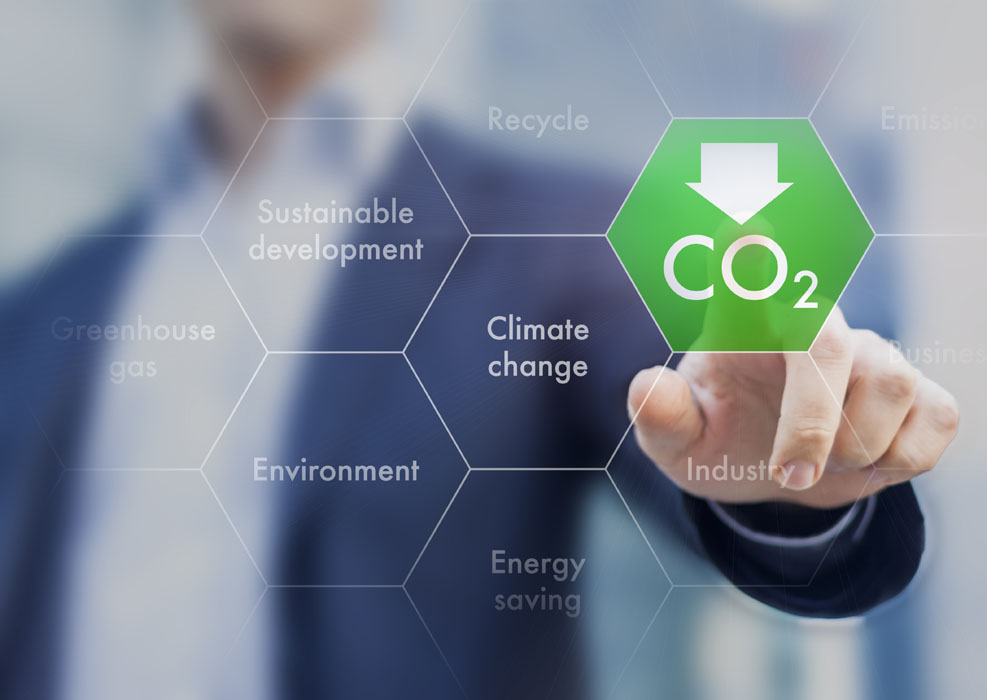- Trump and Biden will both push for more fiscal spending to help the unemployed and small firms, as well as to boost infrastructure. But Biden can do more if the Democrats take full control of Washington DC.
- Biden’s proposal is massive. He has promised to spend at least US$3.5trn—”the largest” post-World War II public investment program.
- Biden has the conventional liberal aim of expanding the US social safety net. He also plans to restructure the US economy through “green” projects that reduce carbon emissions and tackle climate change (see A New FDR?). A few sectors stand to benefit most:
The auto industry would get large-scale government subsidies for clean-energy cars and related infrastructure.
The construction sector would enjoy a multi-year boost from public spending on green buildings, affordable housing, and public transit.
Wind, solar, nuclear and hydro-power should all grow rapidly thanks to a combination of tax incentives and emissions regulations.
- Big Tech faces multiple federal, state and congressional antitrust investigations. Lawsuits may be launched as early as this year.
- Barring a clean victory in court, a targeted company may be fined, broken up, or forced to change business practices deemed monopolistic. Big Tech firms should worry about this for the following reasons:
ØA bipartisan view has formed that dominance hurts competition. The government’s legal assault will continue, regardless of the election result.
ØContrary to popular opinion, US antitrust law is not only based on consumer welfare and prices. Market structure also matters. Statements by regulators and legal precedents show the law can be used to help startups compete with incumbents, even if incumbents offer cheap, or even free, services.
ØThe federal antitrust action against Microsoft in 2001 forced the Redmond-based firm to cease practices judged to suppress competition. Arguably, this made room for newcomers like Google and Amazon to flourish.






